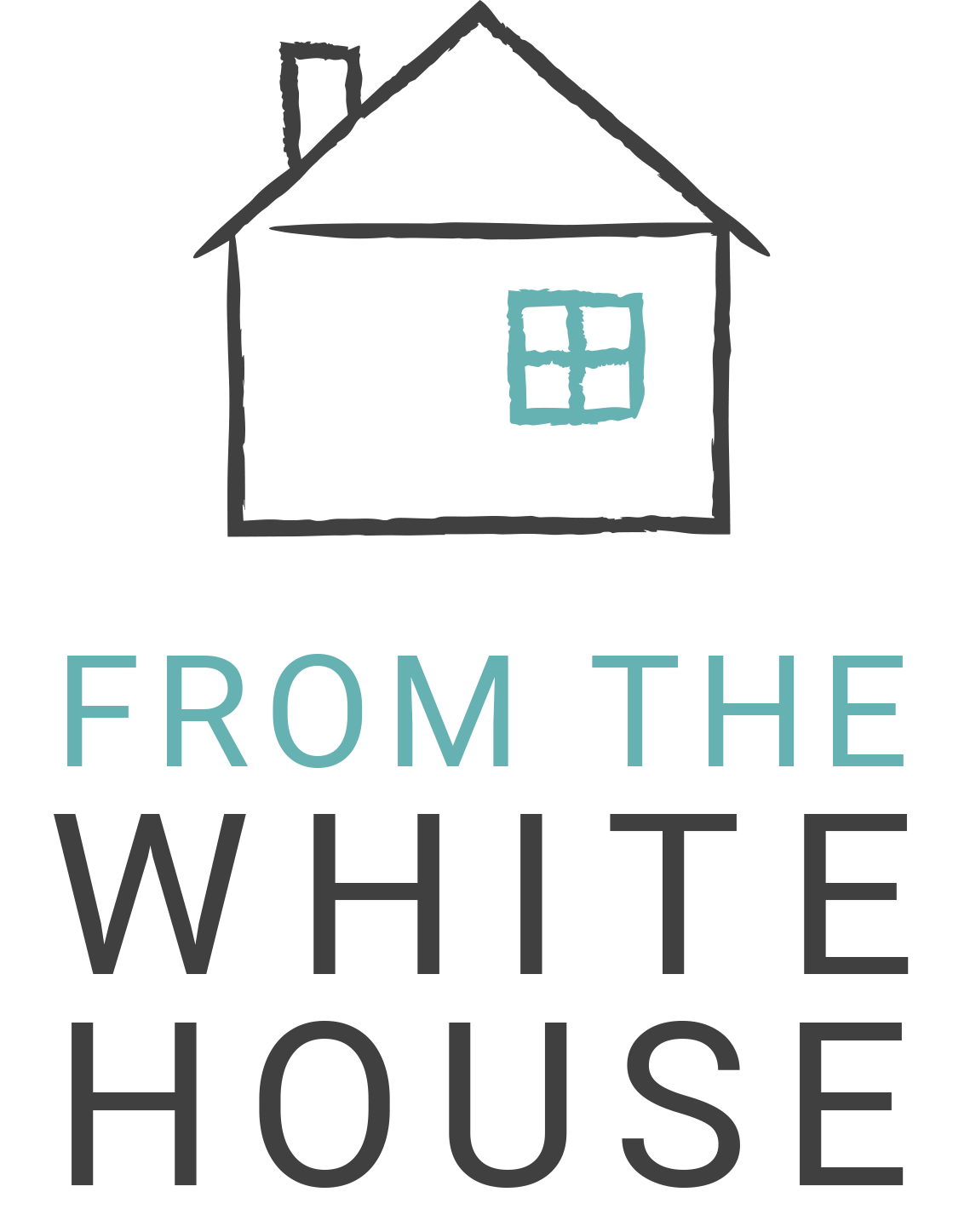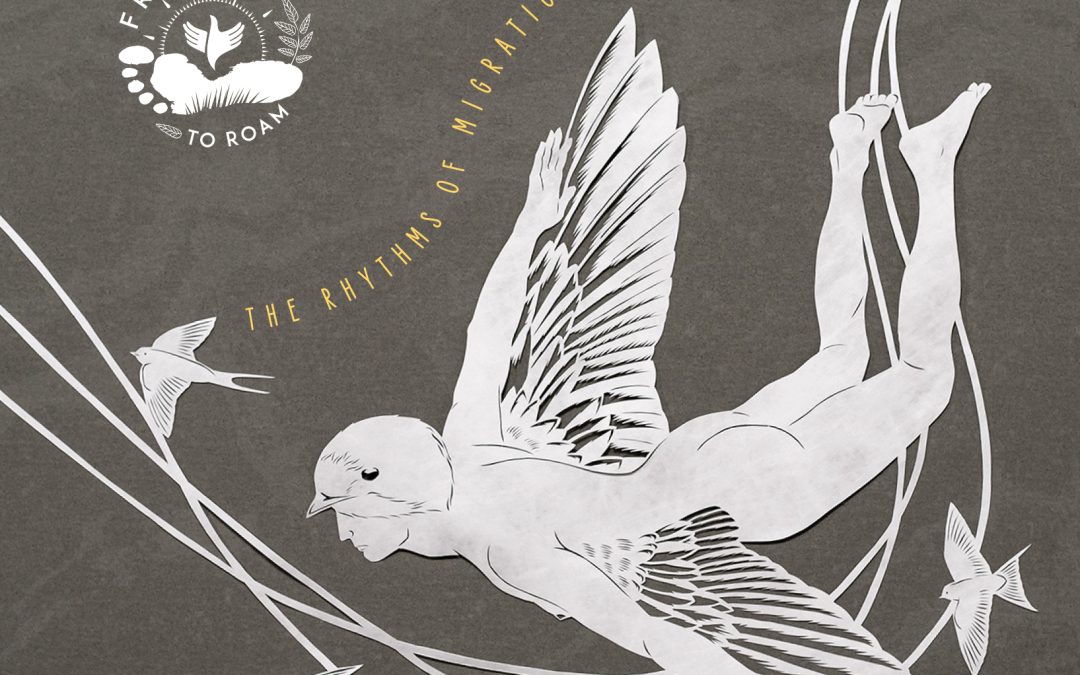Highlighting the profound interconnectedness of people, animals, and the environment – musicians, filmmakers, and artists unite in Freedom To Roam.
“We represent people, animals, crossing borders and migrating, as we think about the effects on climate, on rights and on mental health, of our interconnectedness.” This mission, announced by Freedom To Roam founder Eliza Marshall, promised we were gathered to be uplifted and inspired by a collective who believe in “empowering positive solutions through music, film and visual art”.
During lockdown, percussionist Kuljit Bhamra, harpist Catrin Finch, cellist Robert Irvine, guitarist Donal Rogers, fiddle-player Jackie Shave and flautist Marshall had been communicating their common feelings and concerns, and the musical responses they’d had to the experience. A frantic back and forth of material began a collaborative work that shaped itself into a concept to include film and other arts.
Bringing the fully formed “immersive experience” to Theatr Mwldan, the journey started with Connected, a short film by director Nicholas Jones. His opening comment, “We all connected deeply with nature during lockdown and witnessed the struggles of the planet, like ash die-back,” was what convinced him to travel, as soon as he was able, to document what people were doing to support their local environments. In Scotland, Trees For Lifefences off small parcels of overgrazed moorland to allow the natural regeneration of the ancient Caledonian Forest; each primary school child is given an acorn to grow, coming together in a mass planting.
Virginia McKenna and Bill Travers of the Born Free Foundation speak to camera (“I never understood the division between the way we think of our own species and others”) as the importation of pheasants for breeding and shooting is contrasted with the efforts of an enthusiast in Devon who breeds water voles by the thousand for release into Britain’s waterways.
Questions of land use and misuse are thoughtfully presented to a score by the Freedom To Roam musicians. From beavers recovering waterscapes, their lodge-building filtering out pollution, to activism from Book Of Trespass author Nick Hayes (reminding us 92% of Britain is privately owned whilst the right to roam is statutory in most of Europe), we become aware of the many interlinked subjects up for debate and action.
The atmosphere conjured by the film remains with us through the interval, and a suitably reverential hush falls as the six outstanding musicians take the stage. They astound not only with their musicianship, but with the depth and complexity of their composition and its eclectic mix of genres. Classical expressions from East, West and everywhere in between are threaded through with traditional influences: some pieces sparse, ethereal and Satie-esque, others frantic, percussion-led or unfolding like fragile and intricate fractals. Fourteen diverse pieces made up the programme, with kaleidoscopic visuals from Amelia Kosminsky. Her haunting, collaged, multifoiled images of wilderness and migration are flooded with intense colour, like watching handpainted slide film in a moving mosaic.
Rhythms Of Migration mixes African and Indian percussive styles, suggesting the epic journeys of birds and the generational wanderings of elephants, whilst, in their improvised piece, Arctic Lament, shivering notes and aquatic sounds recalled the sensitive environment. In Freedom, Rogers’ gently insistent tribal chant rises to a pitch of hope, and the power and life in water suggested in Rain Coming uses real sounds – a downpour on waxy leaves; birds calling in the near silence of the echoing canopy – to sculpt the landscape.
Industrial sounds from found objects (saucepans, ladles, car parts ) are the beat behind Brutal, commenting on the harsh lives led by prisoners in detention centres; this is immediately contrasted by Run Wild’s Moroccan rhythms and ecstatic energies. The concept of home, explored in Seekers and Coming Home, again lifts our group spirit, as the interplay between all the artists involved reminds us of what is still possible when we come together, and what we can bravely or easily do ourselves.
As the Freedom To Roam collective swap instruments between pieces, dropping piano, marimba and other percussion into the mix, they make sure we emerged from our communal experience reinvigorated and inspired – certain that music, art and a passionate connection to the land can bring personal freedom and planetary salvation. Truly, no small thing.
Freedom To Roam, Theatr Mwldan, Cardigan, Fri 12 May
words JULIA DELI BUZZ MAGAZINE HERE

